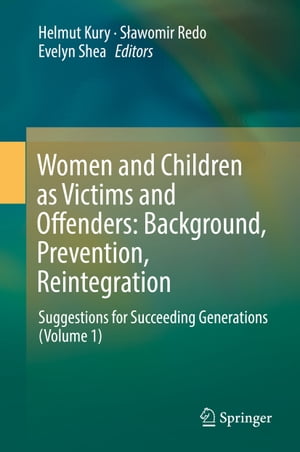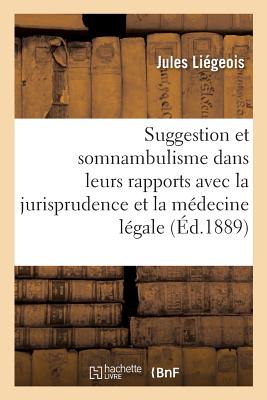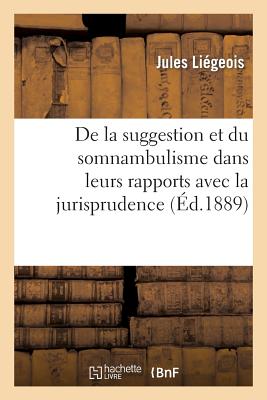<p>This work compiles experiences and lessons learned in meeting the unique needs of women and children regarding crime prevention and criminal justice, in particular the treatment and social reintegration of offenders and serves as a cross-disciplinary work for academic and policy-making analyses and follow-up in developing and developed countries.</p> <p>Furthermore, it argues for a more humane and effective approach to countering delinquency and crime among future generations. In a world where development positively depends on the rule of law and the related investment security, two global trends may chart the course of development: urbanization and education. Urbanization will globalize the concepts of “justice” and “fairness”; education will be dominated by the urban mindset and digital service economy, just as a culture of lawfulness will. This work looks at crime prevention education as an investment in the sustainable quality of life of succeeding generations, and at those who pursue such crime prevention as the providers of much-needed skills in the educational portfolio. Adopting a reformist approach, this work collects articles with findings and recommendations that may be relevant to domestic and international policymaking, including the United Nations Studies and their educational value for the welfare of coming generations. The books address the relevant United Nations ideas by combining them with academic approaches. Guided by the Editors’ respective fields of expertise, and in full recognition of academic freedom and “organized scepticism”, it includes contributions by lawyers, criminologists, sociologists and other eminent experts seeking to bridge the gap between academic and policy perspectives, as appropriate, against the international background, including the United Nations developments.</p> <p>The second volume opens with Part IV, which presents articles on different kinds of crime prevention. The effectiveness of punishment and, in particular, imprisonment is examined by contrasting it with alternative sanctions and the following questions are raised: Does harsh punishment have a crime preventive effect? What are the side effects of imprisonment on the offenders and their families? Are alternatives, such as restorative justice or mediation, more effective and cheaper? Part V outlines proactive strategies of crime prevention, e.g. for potential sex offenders or in the domain of internet crime. Part VI envisions a more peaceful and inclusive society, which would be realized by improving the protection of women and children in their everyday life, and easing the reintegration of those who have become offenders. The importance of the role played by the UN in formulating these goals is underlined. The volume concludes with an epilogue of the 70th President of the United Nations Economic and Social Council, Martin Sajdik, and a post scriptum of the editors.</p> <p>p></p>画面が切り替わりますので、しばらくお待ち下さい。
※ご購入は、楽天kobo商品ページからお願いします。
※切り替わらない場合は、こちら をクリックして下さい。
※このページからは注文できません。
@rinrinsuccess_f 2020/04/21 22:45
@WaffleRyebread 2020/04/23 11:16
@Self_suggestion 2020/04/21 14:05
@peanuts_bronze 2020/04/22 18:04
@Self_suggestion 2020/04/21 02:36
@9Ano9soda6Steve 2020/04/21 12:40




























